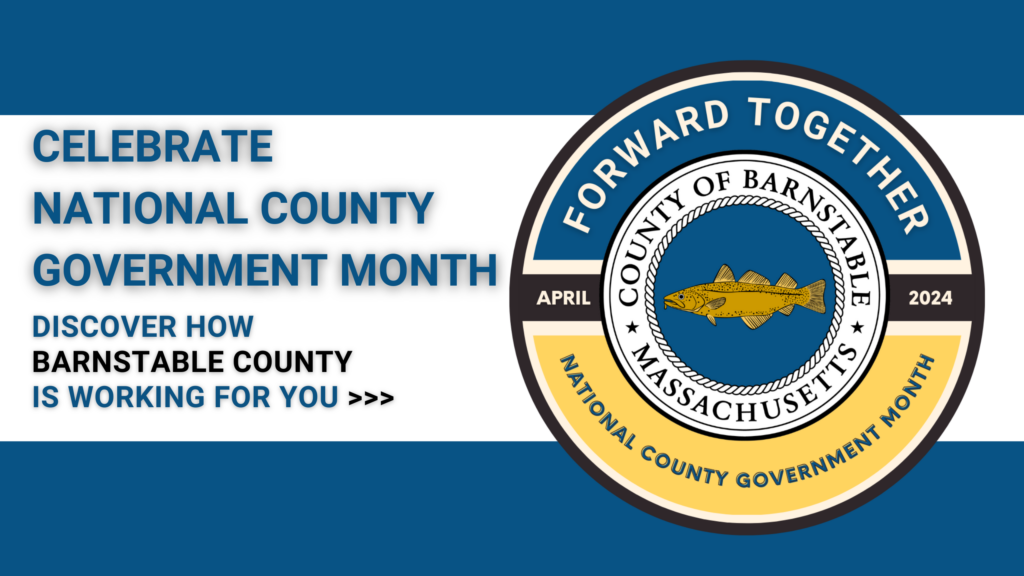
Keeping Service Meaningful
By Connor O’Brien | Year 21 Upper Cape Program Supervisor
Back in March, spring and summer of 2020 held a lot to look forward to. Members were poised to put their fire training into action. At each new project, service partners told me how impressed they were with members’ competence and efficiency. We had developed an exciting new partnership with the Mashpee Wampanoag Tribal AmeriCorps program and my fellow supervisor, Phoebe, and I were on track to schedule over 150 group service projects for the year. Unfortunately, those hopeful plans, relationships, and experiences were cancelled by the COVID-19 pandemic.
In early March, I had a conversation with Andrew, a member in the Pocasset house, that I will likely remember for the rest of my life. We had just gotten back from a service project and were relaxing on the couch discussing the growing concerns over COVID-19. At the time, there were only a few confirmed cases in the United States. We discussed in very frank terms how COVID-19 would likely become a generation defining event and our lives would never be the same. We could predict the devastating economic impacts, the disproportionate effect it would have on under-resourced communities, and the likely possibility that most people would know someone who had the virus and perhaps most people would know someone who had died. We compared it to other large scale tragic historical events like 9/11, the Vietnam War, and World War II. In all these events, the pain of losing loved ones was so pervasive across the nation, it changed American history and culture, and we figured that that would also be the case for the Coronavirus. Oddly, though our conversation topic was morbid, the conversation was lighthearted, as it was early enough in the pandemic for us to brush off our negative predictions with the qualifier “or maybe it won’t happen.”

Even in mid-March, when the possibility of COVID-19 significantly impacting the way we served and lived became clearer, Phoebe and I still felt we could make hopeful predictions for the rest of the year. We saw getting covered in soot while tending to controlled burns, culling oysters at the beach in short sleeves and sunglasses, and snacking on wild blueberries while doing trail maintenance. The reality was that, like everyone else trying to get by in the pandemic, we could not make predictions or plans. As the country rushed to respond to a pandemic, our jobs became trying to figure out how to continue ACC service in an environment that was exceedingly unpredictable and in constant flux. Phoebe and I spent the first weeks on the phone scheduling projects, cancelling them, rescheduling, and then cancelling again as
regulations and our situations changed. Despite challenges, we eventually found a system that worked and, with help from service partners, organized meaningful service projects. It wasn’t perfect, projects still got cancelled, members left for home, the houses were put under quarantine multiple times, but we found a way to weather the changes and still be useful in

During quarantine, I thought of how I would eulogize this year. Having to shift gears so frequently and not being able to provide the kind of service we were used to felt like a loss and, though we felt the progress of our plans and the state of the program pre-pandemic regressing, we were too busy to mourn it. As the country begins to open again and some normalcy returns, I am able to get some more perspective. Seeing how hard ACC members and staff worked, how much was done for Cape Cod, and the impact that was made on the partner organizations both pre and post pandemic, I realize that a eulogy is not necessary. Year 21 ended early in a fashion that no one hoped for, but overall, the year had been an unambiguous success. Between the trails cleared, habitat protected, groundwater guardians created, and members of the community touched, ACC Year 21 leaves a positive legacy on Cape Cod and has exemplified the AmeriCorps pledge to Get Things Done.



